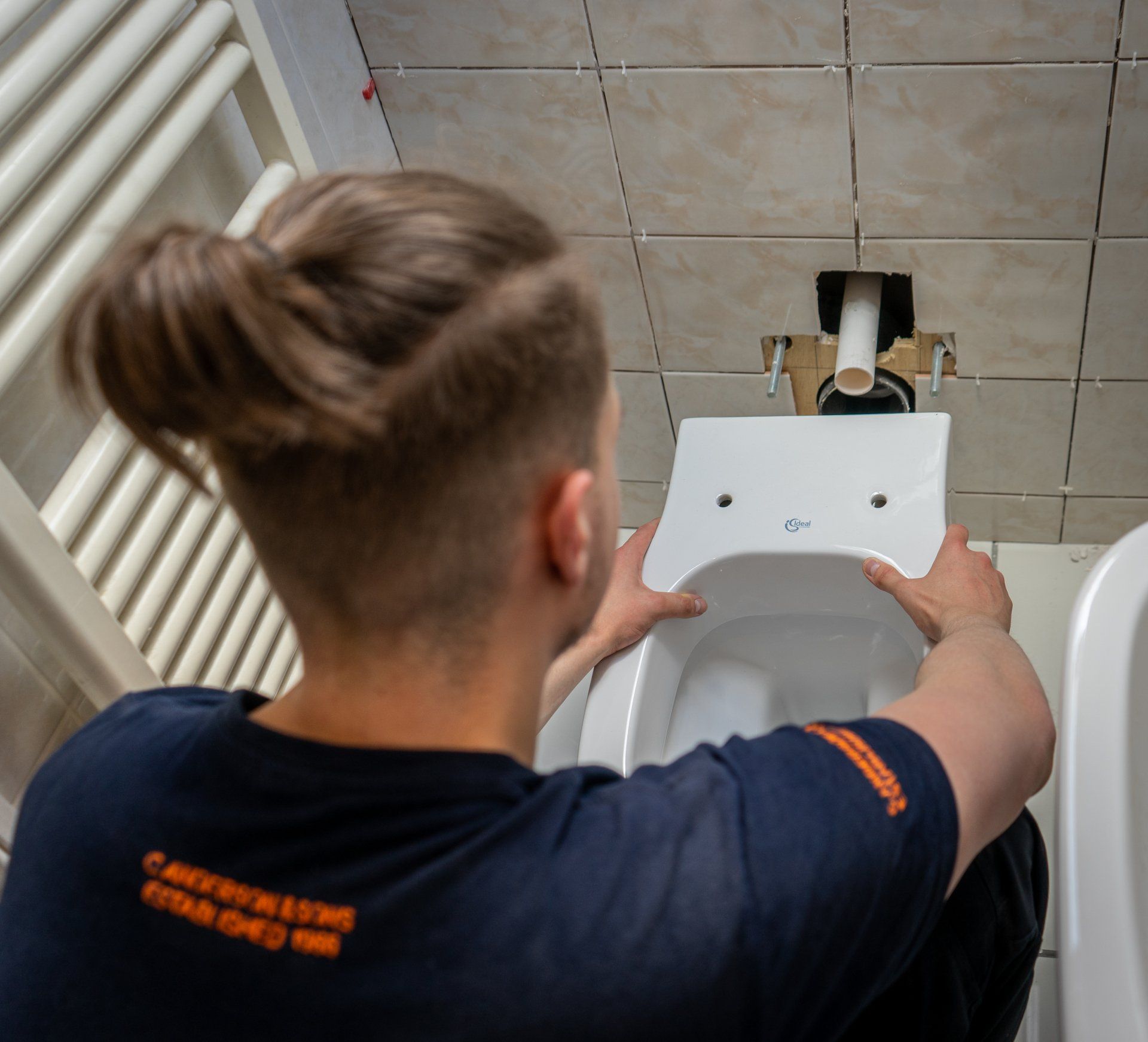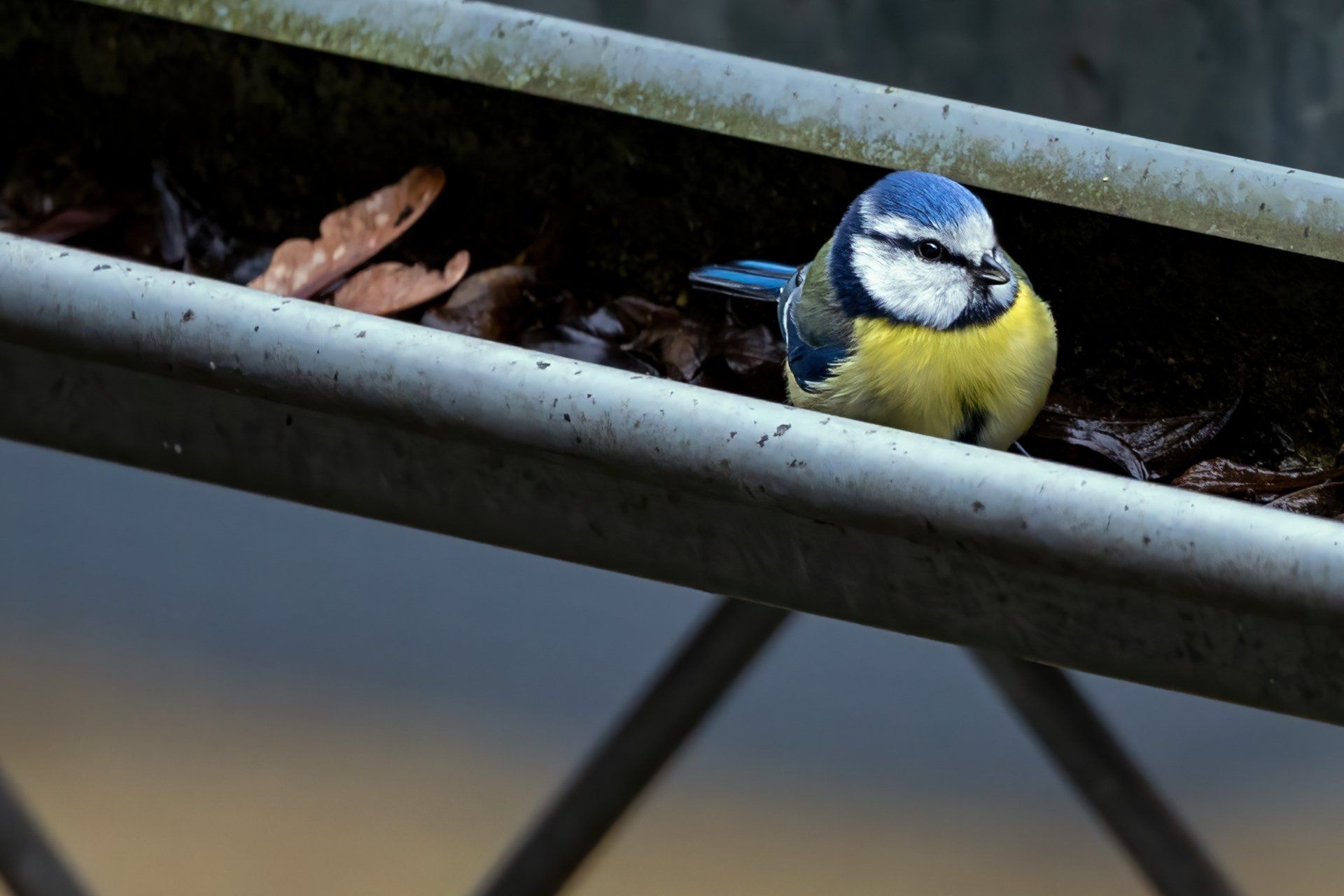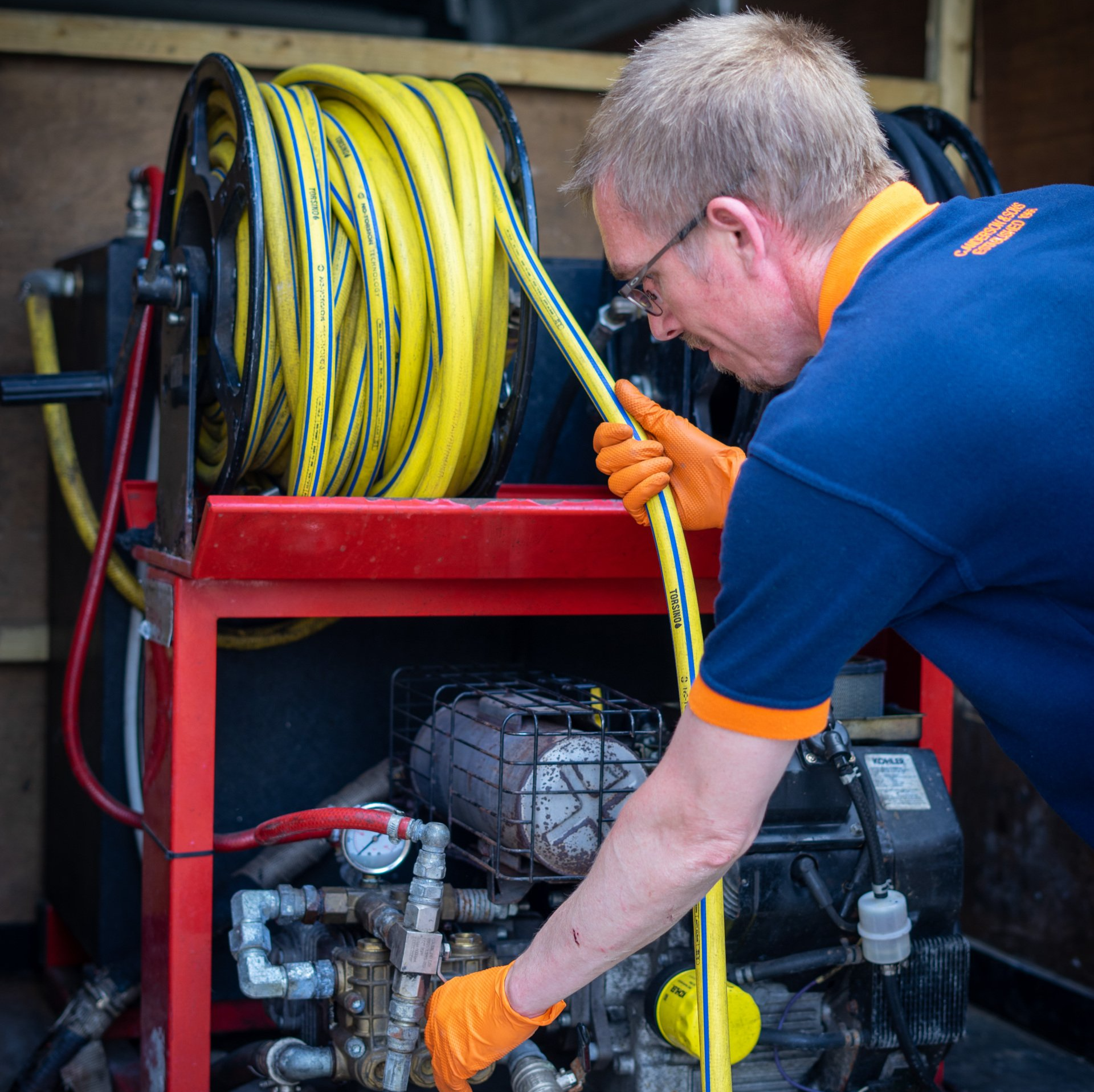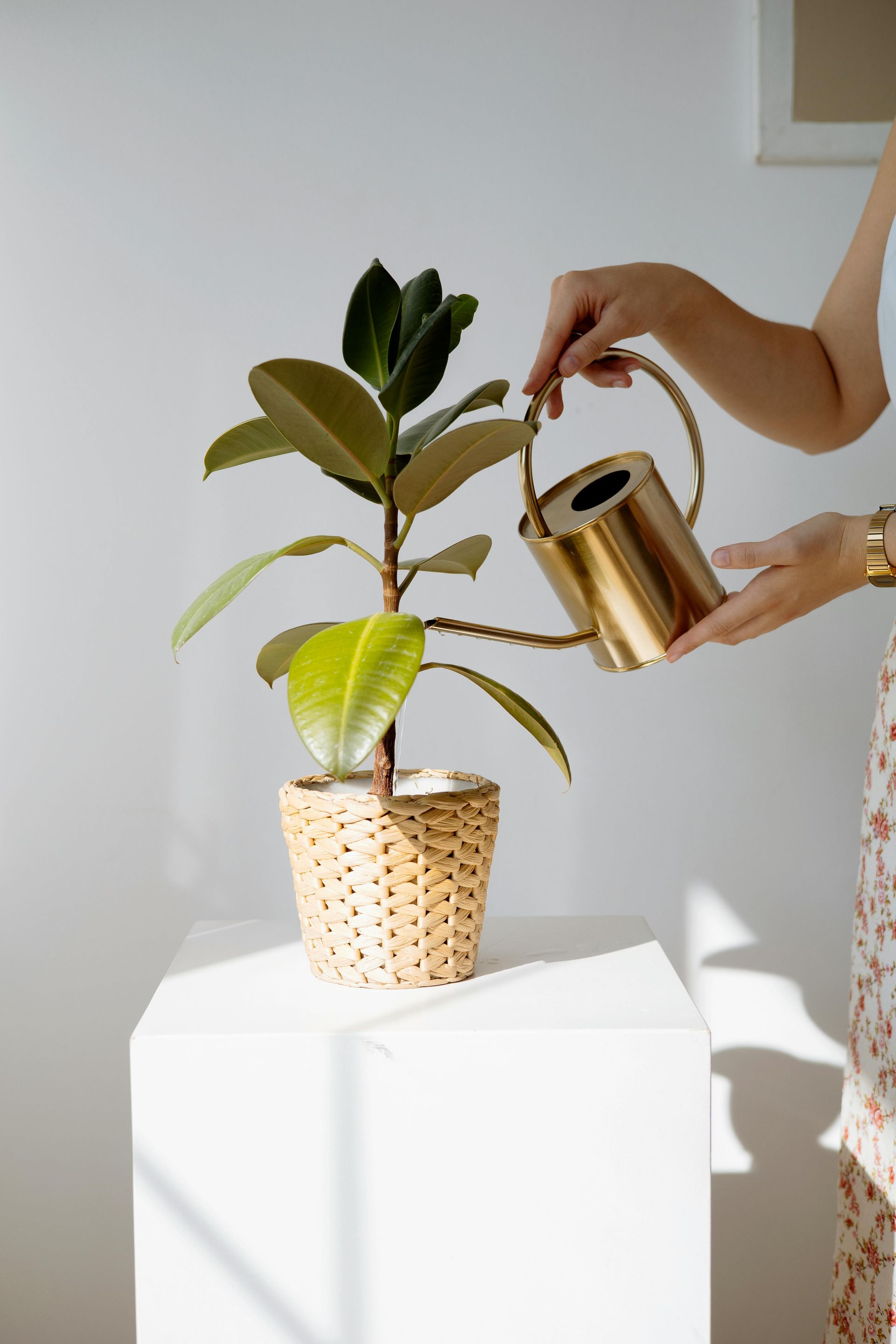Blocked Drains: A DIY ‘how to’ prevention guide
Summer is the season for blocked drains, sinks and toilets! That’s the saying right?!
Well maybe not, but as a provider of plumbing and heating, our work is seasonal. Not just in winter when our central heating and boilers are in constant use and go on the blink when you really need them, but all those garden parties, festivals and good times in the warmer months increase our calls for blockages at both homes and commercial properties.
So often though, the blockages are avoidable with a bit of care and common sense. Read on to learn how to prevent having to call a drainage specialist to clear blocked drains to your home or business.

How to prevent Blockages in your toilet:
You see it all the time - your favourite coffee shop reminding people not to flush items down the toilet. Personally I’m always wondering ‘who on earth is trying to flush a nappy down the toilet anyway?!’ Well, as a plumbing and heating company for over 55 years, we can assure you first hand, people do!
You may think though, why not baby wipes? How different is it to flushing toilet paper really? As baby wipes don’t break down in water they are the most common source of all blockages. A few baby wipes can cause your main soil stack pipe to block badly on a bend.
Our advice? Don’t ever put baby wipes down the toilet!
Always ensure you have a bin next to your toilet to help collect wipes and any other non-tissue items to encourage your guests not to put their disposable items down the loo.
A plunger is always a handy item to have in the house, preferably with a long handle and suitable suction cup that can create a seal in the bowl while plunging!
Prevention is better than cure! When installing or repairing a toilet, the less bends, the better! 90 degree bends will increase the chance of your waste pipe blocking.
Top tip: if your toilet is blocked, fill a bucket with hot water and ordinary dishwashing liquid. Slowly pour the liquid into the toilet, ensuring not to let the toilet overflow. Leave it for 20 or so minutes to let the water level subside, then repeat the process. Leave it again, then pour down another bucket with force and hopefully that will dislodge the blockage.

How to prevent blockages at your sink:
Make sure you have a food filter. Small items of food will block your waste pipes. Small bits of food can build up in your drains over time eventually preventing clear passage for liquids to drain away. A big no-no to put down the sink is coffee grounds, over time they will settle, solidify and eventually block up the pipes. Fats, such as cooking oil, are also another main offender. Other no-no’s are egg shells, pasta and rice.
Prevention is better than cure here too! When installing or repairing a sink ensure that waste pipes have correct falls and rodding eyes- these allow access to the waste pipe in case of a blockage.
Top tip: If you do get a blockage start by buying a drain cleaning product and a plunger. Drano Max or Rid-x are available are from your supermarket or hardware store. With a bit of help from the plunger, you should be able to clear most blockages.
Failing that it may be time to call the experts with specialist equipment to clean a blocked drain.

How to manage gutters, grills and open drains:
When we approach winter, as beautiful as the autumnal colours of the falling leaves are on the ground, they are the enemy of your outdoor drainage systems.
Make sure gutters and open drains are covered with mesh or grills as leaves or rubbish can easily cause a blockage.
Top tip: regularly check your gutters, especially in the change of seasons when there are leaves abound! Put a ladder up and take a plastic bag to scoop out all the mud/leaves/tennis balls that clogs up the gutters. When cleaning gutters please ensure you use a solid ladder. Always maintain 3 points of contact with the ladder, recruit some assistance to foot the ladder and follow the manufacturers’ safety guidelines. If in doubt, call an expert.
Treat all Sani units with extra caution:
Sani units pump water and waste away from showers, basins and toilets. They are particularly useful in situations where the main stack pipe is more than 4 inches away. To get around this problem the Sani unit will reduce the outlet of the waste to just 22mm and pump it several metres. However, ideally this pipe should not be more than 10 metres because the longer the run, the more chance it will block.
But if used for W. C they will cut the waste down to a 22mm pipe and then be pumped away. Therefore if a sani unit is being used on a W.C, then the "loo policy" should be that it is ideally only ever used for number 1's!
Final Thought:
These are our top tips for DIY prevention of blocked drains, sinks and toilets. In all cases prevention is better than cure. Remember, if you’ve unsuccessfully attempted to treat a blockage then it’s time to call in the professionals, that’s what we’re here for!

You might also like
Our Blog




